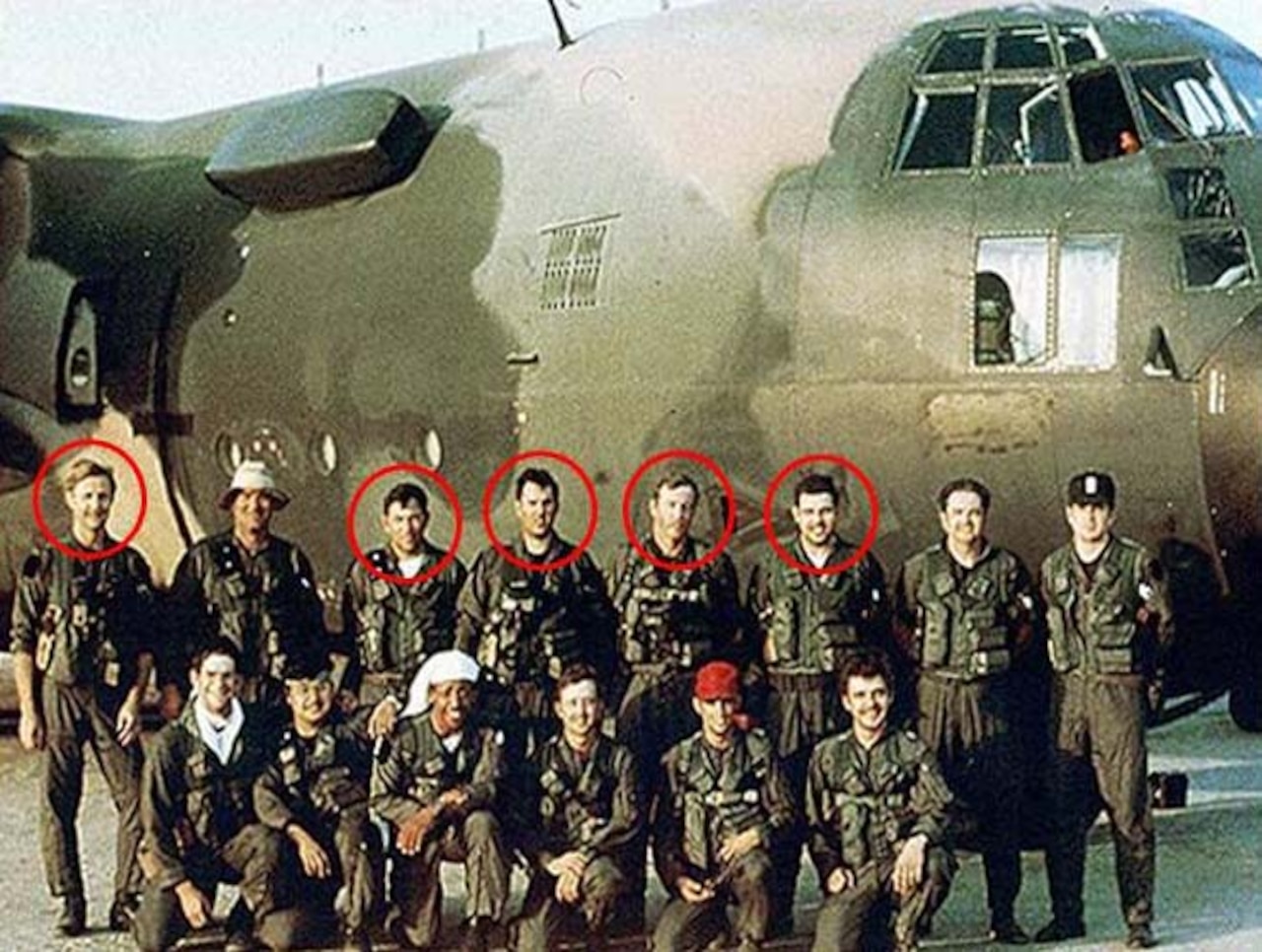The Iran Hostage Crisis occurred 40 years ago on November 4th, 1979, where 98 people in the U.S. Embassy in Tehran were held captive for 444 days. On the 4th, Iranian protesters, who were outraged with Americans for allowing Shah Mohammed Reza Pahlavi to escape the country without any consequence for his actions, stormed the U.S. Embassy and, as the weeks went on, released people who were mainly women and other minority members. However, then-President Jimmy Carter, signed off on Operation Eagle Claw to rescue the remaining 52 hostages.
Operation Eagle Claw, the first-ever plan by the U.S. Airforce to rescue hostages, required six functioning helicopters, but due to a dust storm two of the eight helicopters were never able to land and a third helicopter crashed. In the third helicopter crash, eight Air Force Members and three Marines were killed. Their bodies were found and posed in front of the U.S. Embassy by the Iranian protesters to horrify American citizens and aggravate the American government out of Iran.

Operation Eagle Claw has been deemed a failed mission, with the White House press secretary, Sarah Huckabee Sanders, releasing a statement on the anniversary of the event, stating that it was, “unfortunate that this anniversary serves as a reminder of the long history of malign behavior by the Iranian regime and the danger it has posed to the United States and the world over the past 40 years.”
After this failed operation and this tragic event of hostage victims, the United States changed its status on intelligence within the Middle East. In 1980, there were only 20 special operations air crafts, which is extremely small now compared to the multitude of AC-130 30 gunships America has. America’s intelligence program has also expanded from an adequate intelligence program to one that has signal intelligence capabilities, human intelligence capabilities, and technical intelligence capabilities.
This kind of hyper-intelligence in the Middle East makes sense due to the tragedies of the Hostage Crisis and Operation Eagle Claw combined. President Ronald Reagan signed the Goldwater-Nichols Department of Defense Reorganization Act, which essentially reorganized the Army to make Special Operations into the Middle East more normalized. Operation Neptune Spear, the operation centered around killing Osama bin Laden, was made possible through this act. The American people, along with its military, have been accustomed now to military efforts in the Middle East. Because of the Iran Hostage Crisis and the 9/11 attack carried out by extremists, America’s military presence in the Middle East is now also largely accepted. What doesn’t make sense and isn’t right, however, is the parental control over the Middle East that justifies America’s presence in a government and region that does not involve them.
This presence has been so controlling that Iran has accused America of continuing to interfere with its internal affairs, and want Americans out of Iranian politics. With the 2015 Iran nuclear deal truly not benefiting Iranians and with the American government making it a habit to meddle in foreign affairs, it comes as no surprise that the Iranian government and people suspect that America meddles with its internal affairs. Some Iranians maintain that the hostage crisis was something that needed to be done to get Americans out of the country, while others admit that Americans should have been deported legally and safely.
This acceptance of violence for what occurred in the U.S. Embassy takeover or anger against Americans has escalated in American flag burning as seen below. It is wholly unacceptable that the American presence in the Middle East, specifically Iran has come to this extent of hatred and violence.
Iran marks 40 years since US embassy takeover with flag-burning rally – NEWPAPER24 https://t.co/mENtrSOpPz pic.twitter.com/sb8uQh2gRG
— Newpaper24 (@newpaper24) November 4, 2019
That does not mean that there has been some positive growth since this Iranian Hostage Crisis. The former U.S. embassy in Tehran has been converted into a museum called the U.S. Den of Espionage Museum. This museum is extremely telling of Iranian perception of Americans, the U.S. Embassy, and what we represent to them.
Today marks 40 years since the Iran hostage crisis. Our peace delegation to Iran last month visited the former US embassy where the event took place—it’s now a museum against US imperialism. pic.twitter.com/7DeaXVgskf
— CODEPINK (@codepink) November 4, 2019
Source: Twitter
Operation Eagle Claw and the Iranian Hostage Crisis have forever changed how America has used intelligence, and how they have affected Iran in the long run. America has forever changed Iran’s government and the citizens within the country to have a negative connotation of Western nations, and what they really want.
Featured Image Source: Peggy und Marco Lachmann-Anke/Pixabay




